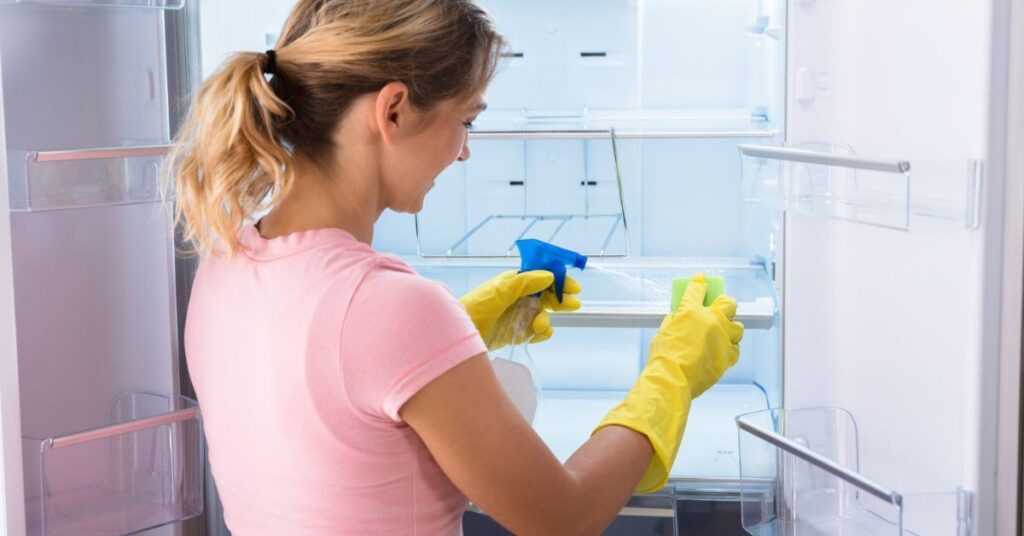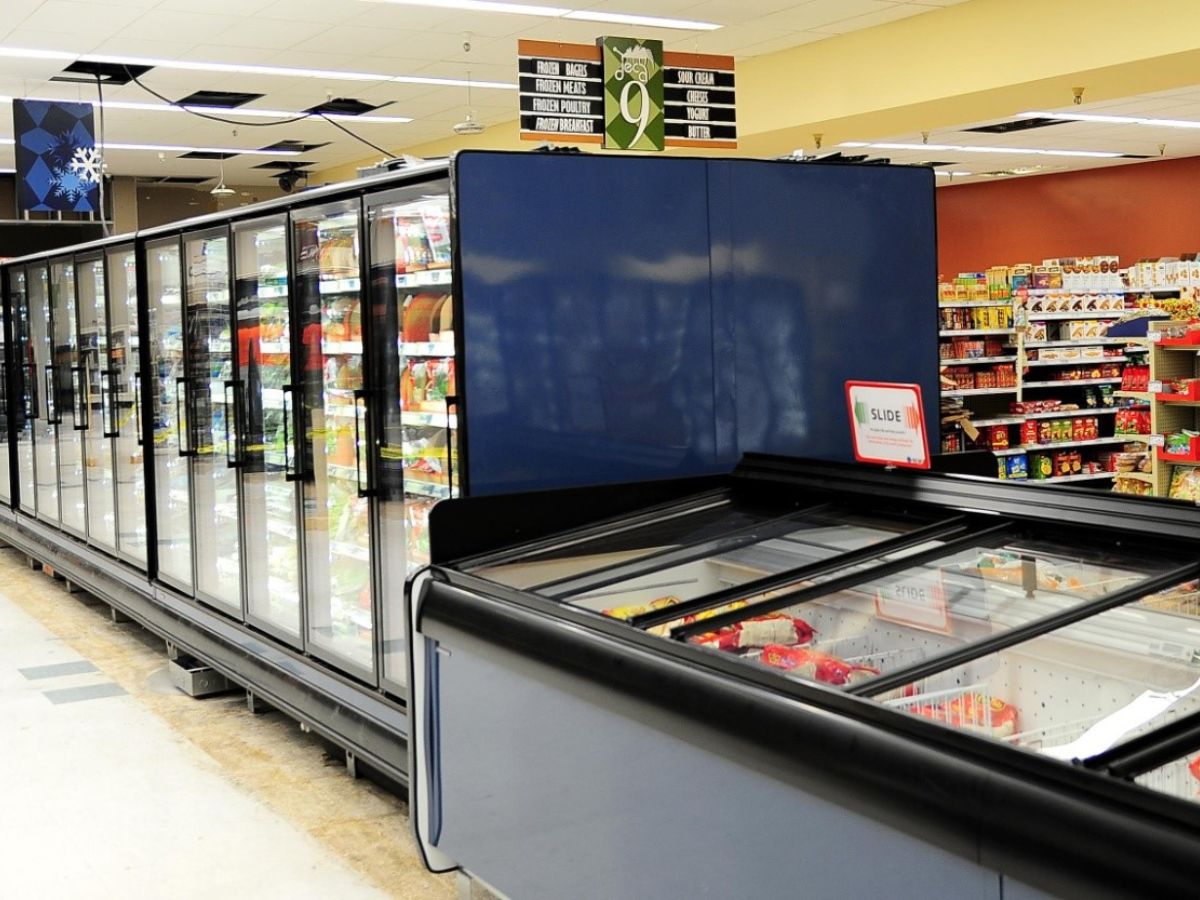It is essential to keep a commercial freezer because it helps in preventing food from being spoiled, keeping the commodity of perishables in good condition and increasing the life of this equipment. Planned maintenance not only prevents unexpected recessions but also increases energy efficiency. This extensive checklist is designed to steer you through the most critical procedures to keep your fall commercial freezer in the best shape with Taylor hand screw for freezer door around you.
Temperature Check
Your first task each day should be to conduct a temperature reading within the freezer. That it keeps the recommended temps at around -18°C and -23°C (-0.4°F and -9.4°F). By using an accurate thermometer.
Door Inspection
Check the freezer doors for possible damages, misaligning or old gaskets. From the design resulting in effective energy-conserving doors with secure seals, preventing the loss of the cold air and ensuring temperature consistency is one of the necessary requirements.
Clean the Interior
Protection of the interior from frost and ice accumulation requires daily cleaning of it. Please clean up any spilled food, ice buildup, or dirt. Shelves, racks and trays may be cleansed by either mild detergents and warm water.
Check for Leaks
Look for signs of water or coolant leakage in the freezer. A timely response to leaks prevents equipment damage as well as safety hazards.
Defrosting
If your freezer is not a self-defrosting freezer, set time apart for weekly manual defrost. The build up of ice results in reduction of the efficiency as well as the energy spent. The freezer should be turned off and food stuff is taken out thus letting the ice totally melt. wipe the inside part of The cooler after finishing defrosting.
Condenser Coil Cleaning
The dirty condenser coils can either on the backside or underside of the unit should be cleaned weekly. Dust and actuation of debris from the coils acts as a barrier for heat exchange at the tip of the tang; thus, the compressor has to operate at maximum performance. With a coil brush or vacuum cleaner, eliminate dirt and assure adequate airflow.
Verify Thermostat Settings
Make sure the thermostat is adjusted to the right temperature. With the passage of time, the settings could be changed due to vibrations, or accidentally set it would shift around. Make certain that the temperature shown in the freezer matches with the actual temperature inside the freezer.
Inspect the Exterior
Inspect the exterior of the freezer for any dysfunction that may be apparent in the form of you will find that it is damaged or rusted. It may also be corrosion. Preemptive measures aimed at immediately addressing these issues can forestall the escalation of the damage and safeguard the functionality of the whole unit.
Check Door Seals
Check for door seal damage. The faulty gaskets undermine the hermetic quality resulting in power wastage and abnormal temperature variations. Replace the door seals that have been spoiled and that are not working to avoid wastages.
Clean and Sanitize
Sanitize the whole freezer including the outside, inside, shelves, trays and all the crannies and corners of block ice. To get rid of bacteria and odors apply food-safe sanitizer. Not only this promotes a safe food situation but also the hygienic storage condition.

Inspect Casters and Leveling
In case your commercial freezer has casters confirm that it works freely. Make sure that they are free of trash and roll easily for ease of mobilization. Moreover, ensure that the unit is level, to avoid an irregular cooling process and the resultant dama
Lubricate Hinges and Moving Parts
Lubricate hinges and other moving parts with food- grade lubricant to avoid friction and operate the equipment smoothly. These components wear out gradually but their lifespan can be increase by regular lubrication.
Check Electrical Components
Examine electrical parts such as wiring and connections. Look for physical traces of insulation wear, fray, or loose connections. Any loose connections have to be remedy and damage wires should immediately be replace. This phase is critical as it helps to avoid electrical issues and prevents the spray powder from bonding with the metallic parts of the Henny Penny equipment.
Calibrate Thermostat
Perio Any deviation in the position of thermostat may cause variations on the temperature making the commodity to lose its value as well as creating security issues. Calibration procedures by the manufacturer can be referr to.
Inspect Evaporator Fan
The evaporator fan is balance with a shutter detecting the temperature of the cold air to the tune of the shutter with an aim of distributing the same evenly in the freezer. Confirm for any obstructions or if there could be any signs that pointer out any damage on fan blades. A good conduct to follow is to clean the fan as well as the area around the fan to make sure there is enough air flowing through them.
Check Refrigerant Levels
In case the freezer is a refrigerator that uses refrigerant it is advisable that a certified technician should test its levels on a quarterly basis. However low levels of refrigerant affect cooling efficiency besides increased energy use. Deal with concerns immediately to stay at peak efficiency.
Conclusion:
For your commercial freezer to remain effective and remain functional for long, regular maintenance is the only constant. Adhering to this detailed checklist allows you to preemptively deal with issues, limit downtime, and keep perishables well-preserved. Also, do not forget to consult the manufacturer’s guidelines for individual maintenance guides on your freezer model. The imposition of a structured maintenance program will not only save money in the long term course but it will promote a flawless operation of your commercial freezer.










